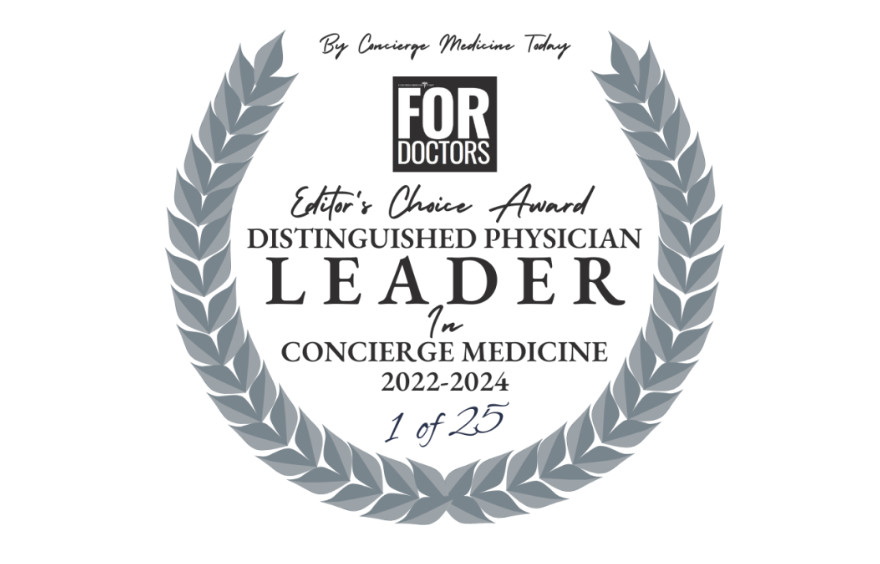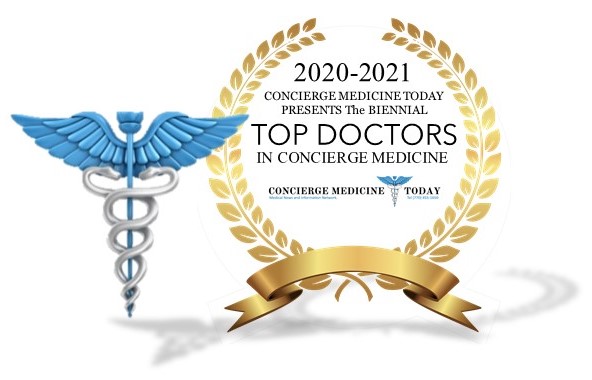What Is Concierge Medicine?
A New Era in Personalised Medicine & What This Means For Global Healthcare

Although concierge medical practice has been around for years in the US, it has made its way across to the UK recently. Concierge Medicine, or ‘retainer medicine’, is nearly a norm in the US but still a new, innovative concept in the UK.
What is concierge medicine?
Concierge medicine can be briefly explained as highly personalised care for patients in exchange for an annual fee. In exchange, concierge doctors provide enhanced care by limiting patient loads to ensure that adequate time, focus, attention and availability are given to each patient.[1] Patients get doctors that see perhaps only 100 patients a year rather than 2,500 at a traditional private practice, as well as same-day appointments that last as long as the patient needs.[2]
Most concierge practices have a similar ethos, however they do vary in terms of members’ size, structure, payment type, and operation forms.
What services are provided & why a retainer model is important
Services range from private same-day home or office visits by your concierge doctor, prescription deliveries, enhanced coordination between providers and services, full health check-ups and any other services the concierge medical office provides (genetic testing, telomere testing, x-rays, and the list could go on). If a patient needs to see a specialist, the concierge doctor will find the best ones and even go the appointment with them where necessary, while a maximum level of privacy is ensured at all times.[3]
A retainer model is pivotal from a doctor’s perspective as they see fewer patients while being able to provide them excellent care for the same amount of money.[4] From the patients’ position they spend as much time as they need with their doctor and are not rushed throughout the appointments; nor having to switch doctors depending on the practice’s availability.
Most importantly, the enhanced preventative health programs offer patients with a long term plan for maintaining their health at the best possible point. This is vital for patients who are time restricted and require complete focus on their area of expertise; they could be industry or global leaders. Knowing that theirs and their family’s health is being looked after by a team of experts who are continually striving to improve; is priceless.
How concierge doctors are different to private doctors
In the US, concierge doctors look after fewer patients, and concierge practice lists may vary from 500 to 5000.[5] Unlike private doctors who treat patients at the onset of their illness, concierge doctors focus on preventative healthcare plans. They engage patients in comprehensive care programs aiming to achieve the maximum health and quality of life. In normal practices, doctors have at least 2000 patients but of course a concierge practice can spend more time and attention on each patient and looking at them from a holistic point of view.
A retainer model is however beneficial not only for the doctor but for the patient too. As a patient, paying as you go means that sometimes smaller warning signs may be overlooked or under-prioritised. In addition, there is no real ongoing care plan, and a check-up may easily be missed. The incentives are right. Similarly, from a doctor’s perspective, the incentives are right and they will not superficially treat each problem as you go along. The doctor will want to treat the root cause of the problem and prevent it from happening in future – unlike private doctors who financially benefit each time you return to see them with a problem.
How Concierge Medicine Makes a Difference
Concierge Medicine focuses on preventative healthcare plans that allow doctors to establish health baseline and customize an individual wellness and health plan for each of their patients.
A five-state study in the USA showed extremely positive outcomes for concierge practice patients. In 2010, concierge patients had 49% fewer unexpected and avoidable hospital admissions. A study by the British Medical Journal on Qliance (concierge medical group) showed that their patients had “35% fewer hospitalisations, 65% fewer emergency department visits, 66% fewer specialist visits and 82% fewer surgeries than similar populations[6]”.
The stats are staggering and the evidence is clear. Early detection saves lives; and the future of medical practice will be focused on prevention. Concierge medicine is making waves, and transforming lives.
References:
[1] “Concierge Medicine: Greater Access for a Fee”, PBS NewsHour, PBS television, July 9, 2012
[2] “Boutique Medicine: When wealth buys health”, CNN.com, October 19, 2006
[3] “Boutique Medicine: When wealth buys health”, CNN.com, October 19, 2006
[4] “The Pros and Cons of Concierge Medicine”, thehealthjournals.com, December 2014
[5] “Boutique Medicine: When wealth buys health”, CNN.com, October 19, 2006
[6] “Everyone Should Have A Concierge Doctor”, forbes.com, August 28, 2014
Concierge Medicine Membership
Learn more about our concierge medicine membership for VIPs.











